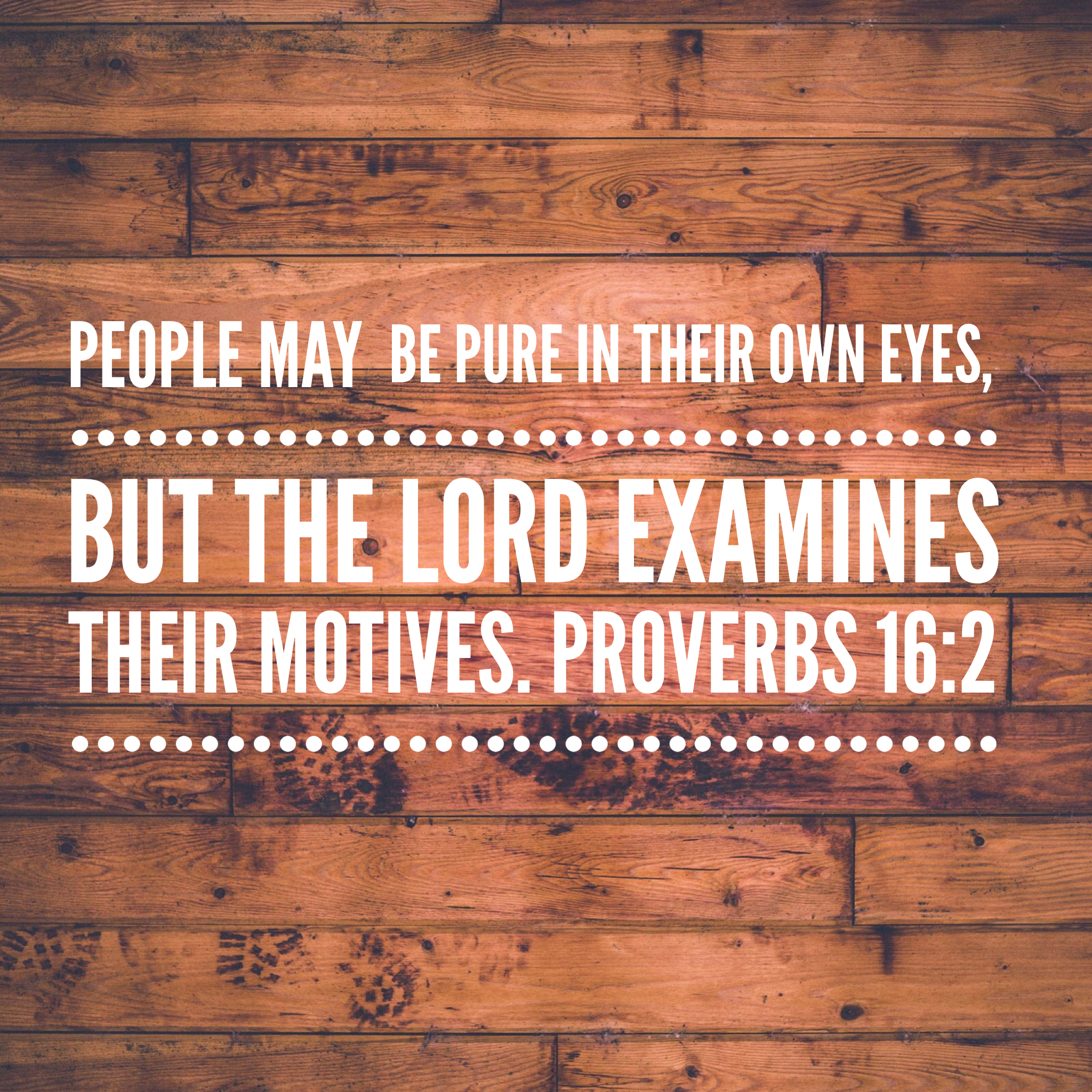“I go late because I don’t like the music.”
“I don’t like how our preacher seems to preach the same message every week.”
“I want to make my kids happy. They want a church with a better youth group.”
I’m pretty sure that, after decades of actively serving God, I’ve heard it all. There’s one big problem with all of these statements – the word I. Want to know a secret – that isn’t a secret? Church isn’t about us, what we want, or what we like.
I mean, seriously. Do you think every Israelite man wanted to make the trip to Jerusalem to worship as they were commanded to do? Man is the same throughout the ages, so I’m pretty comfortable saying, “No.” Some of those men didn’t want to make the trek to Jerusalem just as surely as many men today don’t want to make the trip to church on Sunday morning. So why did they go?
Because they knew it wasn’t about them, that it was about God and the worship He deserves as God. No matter how many miles they had to walk hauling livestock for sacrifice, no matter how much they hated crowds and noise, no matter how long they would have to wait in line, no matter if they knew going in that they wouldn’t enjoy themselves at all…IT WASN’T ABOUT THEM.
In 1 Cor. 12:18, we are told that God plants us in the church as He wills. We want to pick and choose our churches like we select our food at a buffet. God wants us to attend the churches He has selected for us. And yes, we may at times disagree with His choices.
We may think the church is too far away, we may not like the music at all, we may resent parents letting their kids be noisy in service, we may feel we could have found a better sermon on TV… None of that matters. What matters is that God has told us, “Here. This is your spiritual home. LIVE in it.” If He hasn’t told you that, didn’t lead you to the church you’re in, go talk to Him about it. Now.
If He did lead you to your current church, He put you there for at least one reason. Just like a good gardener studies soil content, sunlight, and other factors before setting a prized plant in the ground, God carefully selected where He planted you. If you dislike things about where you are, don’t whine about it to the other plants or, worse yet, try to dig up your own roots and move. Talk to Him about it.
You may well – probably will – be surprised by what He has to say. He may be pointing out needs in the church that He wants you to help meet. He may be working on expanding your horizons of what you like. He may point out that you don’t eat only two meals a week and shouldn’t rely strictly on your pastor for your spiritual nourishment. He might simply explain that it’s time you get over your self because church isn’t about you at all.
It’s about Him. It’s about bringing our week-wearied bodies to the sanctuary as a sacrifice of worship. It’s about lifting our hearts to Him in worship and praise whether the song is a hundred years old or ten minutes old. It’s about intentionally ignoring distractions and focusing on what He is trying to say to you – not only through the sermon, but through every part of the experience.
When we shift our focus off ourselves and whether or not someone in pre-worship fellowship took the chocolate-covered donut we wanted, and turn it to the One who is the whole reason we are on this planet in the first place, our walks with God will change radically.
THAT is what it’s all about!
Celebrating Jesus!
Tammy C

